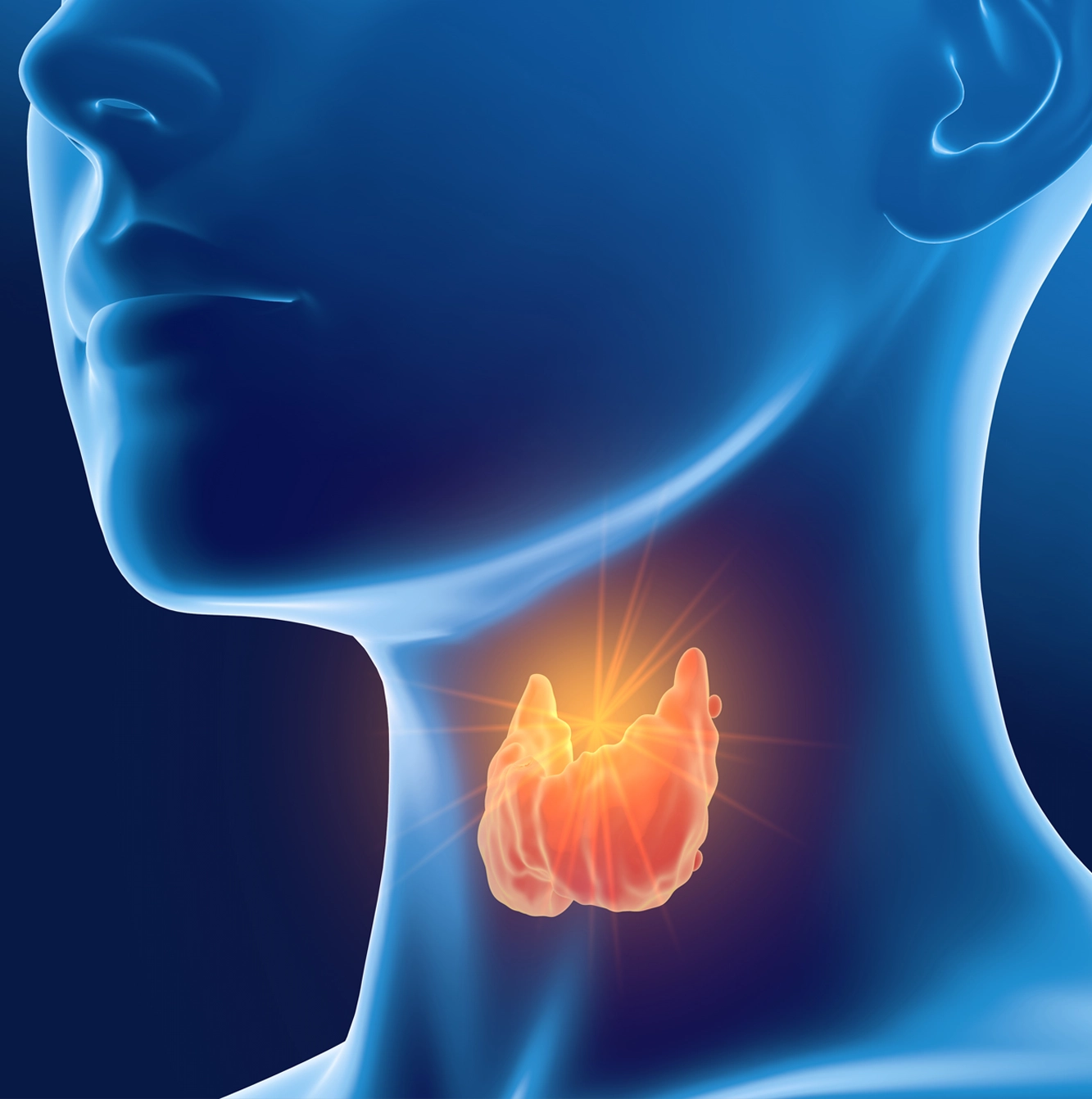Thyroid Specialist – Orange County
The thyroid is a small gland, but it plays a vital role in many bodily functions. It produces hormones that regulate metabolism, heart rate, and organ function. When the thyroid doesn’t work properly, it can lead to a variety of health problems.
Thyroid Diagnosis and Management
Dr. Sunshine of OC Sports and Wellness is a specialist in endocrinology, focusing on thyroid disorders, hypothyroidism, and Hashimoto’s thyroiditis.
Function of the Thyroid Gland
The thyroid gland, a small butterfly-shaped organ located in the neck, plays a vital role in regulating the body’s metabolism through the secretion of hormones. Thyroid disorders, which can significantly impact overall health, are among the most common endocrine conditions worldwide.
The thyroid gland produces two main hormones: thyroxine (T4) and triiodothyronine (T3). These hormones regulate various metabolic processes, including heart rate, body temperature, and energy production. The gland also produces calcitonin, which helps regulate calcium levels in the blood.
Common Thyroid Disorders
- Hypothyroidism: Characterized by an underactive thyroid gland, leading to insufficient hormone production. Symptoms include fatigue, weight gain, cold intolerance, and depression.
- Hyperthyroidism: An overactive thyroid gland produces excess hormones, causing symptoms such as weight loss, heat intolerance, palpitations, and anxiety.
- Thyroid Nodules: Lumps or growths in the thyroid gland. While most are benign, some can be malignant.
- Thyroid Cancer: Malignant tumors of the thyroid gland. It is generally treatable, especially when detected early.
Diagnosis of Thyroid Disorders
Clinical Evaluation:
- Medical History and Physical Examination: The initial assessment includes a detailed medical history and physical examination, focusing on thyroid dysfunction symptoms and signs.
Laboratory Tests:
- Thyroid-Stimulating Hormone (TSH): The primary screening test for thyroid function. Elevated TSH indicates hypothyroidism, while low TSH suggests hyperthyroidism.
- Free T4 and Free T3: These tests measure the levels of free thyroid hormones in the blood.
- Thyroid Antibodies: These are useful in diagnosing autoimmune thyroid conditions such as Hashimoto’s thyroiditis and Graves’ disease.
- Calcitonin and Thyroglobulin: These markers are used to diagnose and manage thyroid cancer.
Imaging Studies:
- Ultrasound: The primary imaging modality for evaluating thyroid nodules and gland structure.
- Radioactive Iodine Uptake (RAIU) and Scan: Used to assess thyroid function and detect hyperthyroidism.
- Fine-Needle Aspiration Biopsy (FNAB): Essential for evaluating suspicious thyroid nodules and diagnosing thyroid cancer.
Thyroid disorders encompass a wide range of conditions that can significantly impact health and quality of life. Early diagnosis and appropriate management are essential for optimal outcomes. Regular follow-ups and patient education are crucial in the long-term management of thyroid disorders. Advances in diagnostic techniques and treatment modalities continue to improve the care of patients with thyroid disease.

Management of Thyroid Disorders
Hypothyroidism:
- Levothyroxine: The standard treatment involves daily administration of synthetic thyroid hormone (levothyroxine) to normalize TSH levels.
- Monitoring: Regular monitoring of TSH levels ensures appropriate dosing and optimal management.
Hyperthyroidism:
- Antithyroid Medications: Drugs such as methimazole and propylthiouracil reduce thyroid hormone production.
- Radioactive Iodine Therapy: Radioactive iodine ablates the overactive thyroid tissue.
- Surgery: Thyroidectomy (partial or total removal of the thyroid gland) is considered for patients who cannot tolerate other treatments or have large goiters.
- Beta-Blockers: Used to manage symptoms such as palpitations and tremors.
Thyroid Nodules:
- Monitoring: Benign nodules are monitored with periodic ultrasounds.
- Surgery: Indicated for suspicious or malignant nodules, large nodules causing symptoms, or cosmetic concerns.
- Radiofrequency Ablation: A minimally invasive procedure for reducing the size of benign thyroid nodules.
Thyroid Cancer:
- Surgery: The primary treatment for thyroid cancer is surgical removal of the thyroid gland (thyroidectomy).
- Radioactive Iodine Therapy: Used postoperatively to ablate any remaining thyroid tissue and treat metastatic disease.
- Thyroid Hormone Therapy: Administered to suppress TSH and prevent cancer recurrence.
- External Beam Radiation and Chemotherapy: Considered for advanced or refractory thyroid cancers.
- Targeted Therapy: Newer treatments, such as tyrosine kinase inhibitors, are used for specific types of thyroid cancer.

